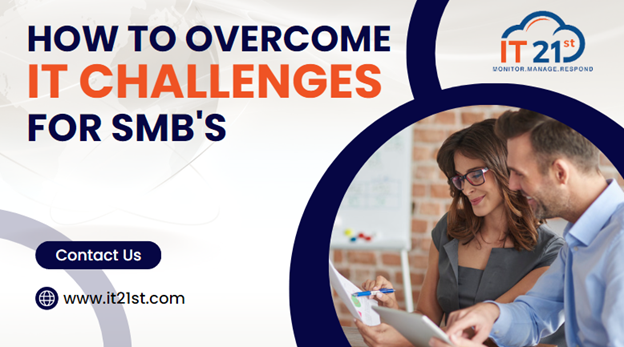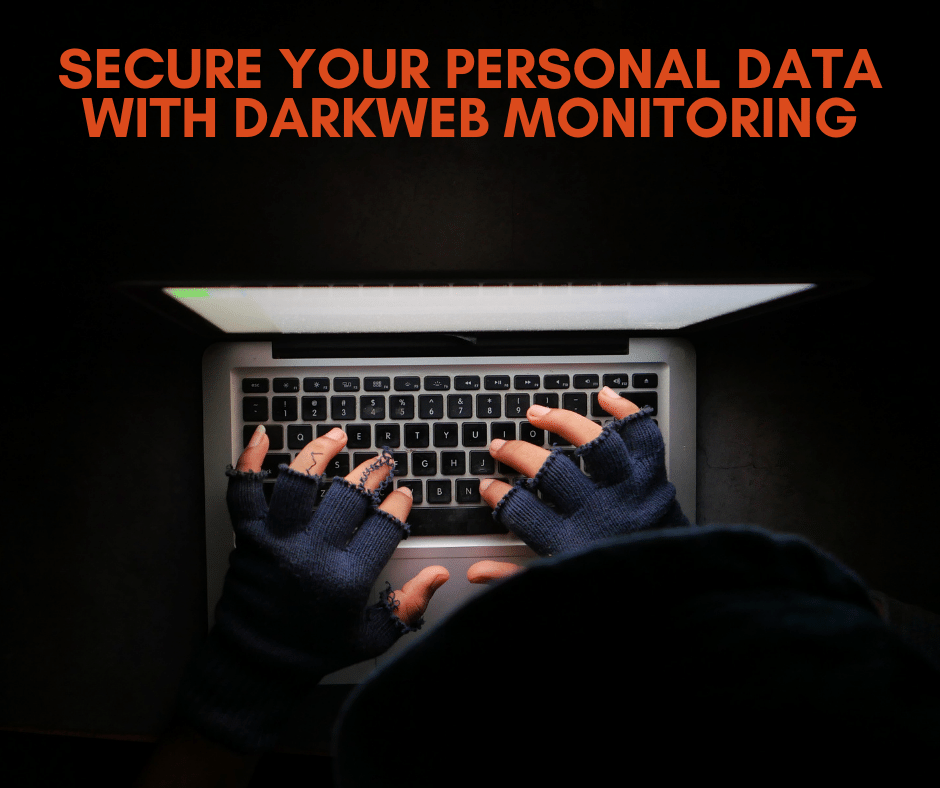 You may ask what is “Endpoint Protection” or “EPP”? The simplest definition for Endpoint is any device that connects to your networks such as workstations, laptops, mobiles, and servers. Each of these devices if it is not secure and protected it could be a point of entry for cybercriminals to attack your network and access sensitive data. Viruses, ransomware, Trojans, and other forms of malware can be catastrophic if they make their way inside your network. Your confidential and proprietary information can be compromised, therefore protecting your endpoints has the highest priority in terms of implementing cybersecurity.
You may ask what is “Endpoint Protection” or “EPP”? The simplest definition for Endpoint is any device that connects to your networks such as workstations, laptops, mobiles, and servers. Each of these devices if it is not secure and protected it could be a point of entry for cybercriminals to attack your network and access sensitive data. Viruses, ransomware, Trojans, and other forms of malware can be catastrophic if they make their way inside your network. Your confidential and proprietary information can be compromised, therefore protecting your endpoints has the highest priority in terms of implementing cybersecurity.
An Anti-Virus software typically referred to as Endpoint Protection (EPP), is the most common protection software that you can install on your laptop, workstations, and server. The main role of EPP is protecting your Endpoint from viruses and malware.
The main difference between a virus and a Malware is, the virus is referred to as a piece of code that copies itself inside of your IT system. While it’s creating copies of itself, it’s aiming to do damage to your network, such as corrupting your operating system or destroying your data. If you’re looking for a non-technical analogy, think of it more as a cancer cell than a biological virus.
Malware, on the other hand, is an umbrella term that encompasses a variety of malicious software, including adware, bots, bugs, ransomware, spyware, Trojans, spyware, worms, and viruses. In other words, all viruses are malware, but not all malware are viruses. In today’s cyberattack sphere, viruses are a legacy threat, though, and they haven’t evolved and aren’t often used in cyberattacks anymore. Cybercriminals have turned to malware to attack your systems. Endpoint protection, offers other host-based features as well, including firewall policies and rules, intrusion detection and prevention, and advanced alerting. So it is a multilayer approach to defend against cyber threats.
Virus scanning, a method of signature detection which looks at each file on the file-system to match it against a virus database. It can do this because signatures are small and easy to look at thousands at a time, for each file on your OS (also typically numbered in thousands) in about an hour. But antivirus is as good as the latest version of the signature definition. Even if your virus definition was updated recently, and a new virus signature is not available in the database then your endpoint can be infected.
The next generation of Antivirus also known as NGAV has become the new replacement for antimalware and antivirus. It uses new technology that goes beyond the signature-based protection to combat the latest threats where standard antiviruses and malware failed to detect and protect. NGAV goes beyond the signature-based detection of traditional antivirus and uses advanced technology to detect the threats traditional antivirus was missing. The main components are:
NGAV uses built-in AI (Artificial Intelligence) learning to detect suspicious activity.
NGAV software incorporates endpoint detection and response (EDR).
NGAV software uses cloud-based analytics.
Why do you need NGAV?
If you want protection from the majority of threats in today’s cyber environment, having NGAV is a must. With endpoint detection and response, built-in AI learning, and cloud capabilities, NGAV can protect you from most “next-generation” attacks. It has become affordable that most small businesses can purchase and deploy them. You may ask why do I need NGAV?
Attackers have learned how to get around traditional antivirus, and it is no longer the best method of protection.
For a comprehensive assessment of your IT network, our security team offers Free Network Security Assessment. It looks at more than a dozen components of your IT environment, including DNS risk assessment, firewall capabilities and practices, disaster recovery policies, vulnerability scans, and more. Call us at 855-448-2178 or email us info@it21st.com for your appointment.



